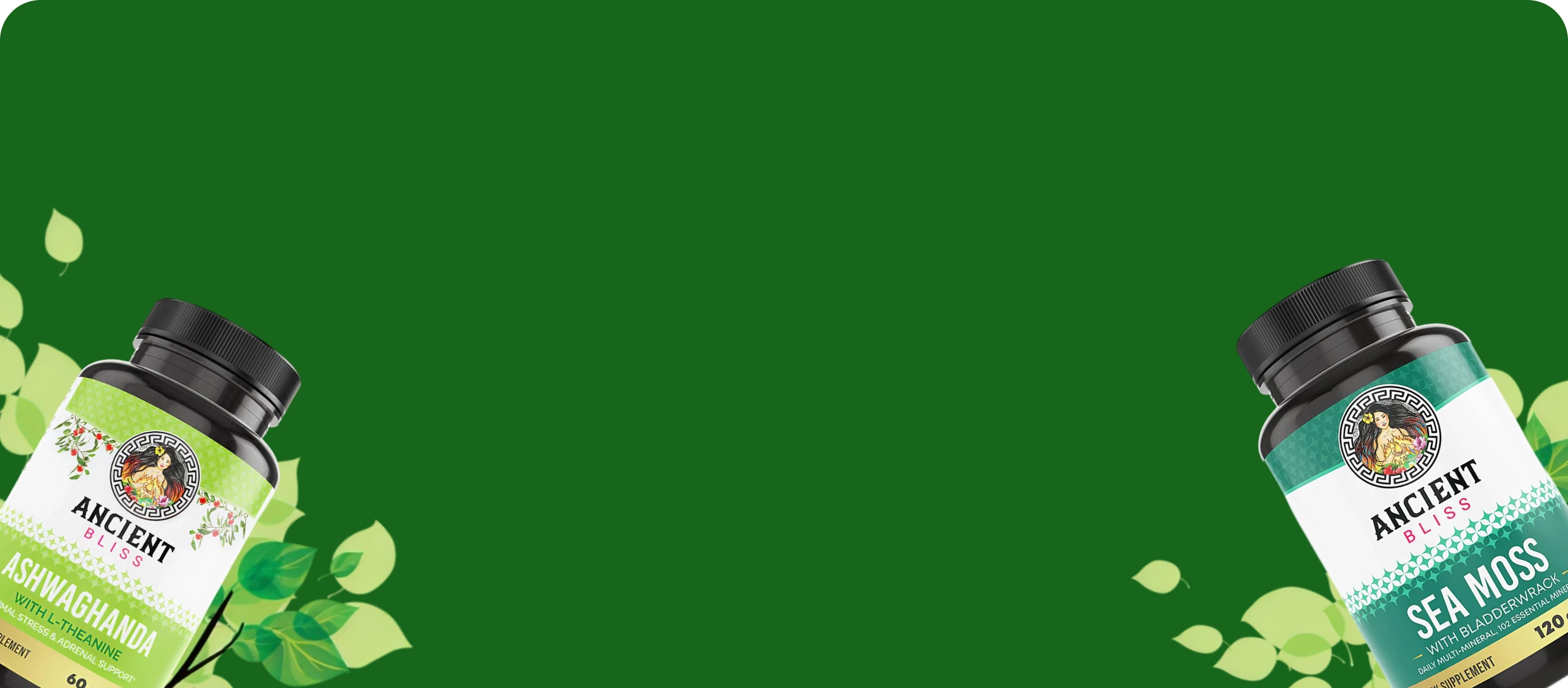What Is TUDCA And Why Is Everyone Talking About It?

TUDCA is a relatively new compound that’s been gaining much attention in the health world. It is quickly becoming a popular supplement thanks to its numerous nuanced functions related to cellular support, organ health, and more.
Read on to learn exactly what TUDCA is, how it works, and what benefits it could deliver.
What Is TUDCA?
Tauroursodeoxycholic acid, more commonly known as TUDCA, is a water-soluble hydrophilic bile acid that occurs naturally in the body (1).
The compound has been used extensively in traditional Chinese medicine to treat issues related to the liver, bile ducts, gallbladder, etc. (1) Despite producing trace amounts of the acid, it has a profound impact on the body.
Interestingly, TUDCA is just now gaining attention in scientific communities for its potential to improve our health.
How Does TUDCA Work In The Body?
When bile salts make their way to the intestines through the liver bile ducts, bacteria can metabolize them into UDCA (ursodeoxycholic acid). From there, UDCA can bind to a taurine molecule, forming TUDCA (2).
Under normal circumstances, the body produces TUDCA when there are enough available bile salts. Unfortunately, certain medications and impaired liver function can impair bile salt recycling, reducing UDCA production (3).
One of TUDCA’s most notable functions relates to its ability to prevent damage to the endoplasmic reticulum (ER) of cells (1). ER is a dynamic structure that plays a crucial role in protein synthesis, fat metabolism, calcium storage, and more.
Thanks to TUDCA’s ability to protect the ER of cells, the molecule has been said to deliver various health benefits (1).
Benefits of TUDCA Supplementation
Bile acids are necessary for many critical bodily processes, including food digestion, nutrient absorption, and cholesterol elimination. In that line of thinking, TUDCA works exceptionally well and is linked to a variety of benefits:
- Digestive health (including that of dietary fats)
- Support of the gut microbiome
- Liver support (it can increase bile flow in the liver and reduce blockage risk) (1, 4)
- Promoting eye health and good vision (5)
- Potential benefits for insulin sensitivity (1)
- Neuroprotective effects (1, 6, 7)
- Support for vital cellular functions, including apoptosis (a type of controlled cell death) (1, 8)
First, TUDCA shows real promise as a molecule that supports good digestion and nutrient absorption. It also contributes to a healthy and diverse gut microbiome, which is linked to mental health, immune system strength, and more (9, 10).
Second, TUDCA appears beneficial for people with hepatic disease (4). However, we need more research to understand if it can reduce the risk of liver disease in healthy individuals.
Next up, the molecule appears to improve insulin sensitivity, contributing to healthy blood sugar levels (1).
TUDCA also appears to have neuroprotective effects and shows promise in supporting memory and learning abilities (1, 6, 7).
The last benefit worth mentioning is cellular support. Almost all cells in the body have a mitochondrion––the place where cells produce energy for their biological processes. It gets stored in the form of adenosine triphosphate (ATP) molecules.
TUDCA can improve mitochondrial function, support ATP production, and possibly even regulate apoptosis––allowing the right cells to die at the right time (1, 8).
In same category
-
![]()
What Is TUDCA And Why Is Everyone Talking About It?
TUDCA is a relatively new compound that’s been gaining much attention in the health world. It is quickly becoming a...
-
![]()
What Is TUDCA And Why Is Everyone Talking About It?
TUDCA is a relatively new compound that’s been gaining much attention in the health world. It is quickly becoming a...
-
![]()
What Is TUDCA And Why Is Everyone Talking About It?
TUDCA is a relatively new compound that’s been gaining much attention in the health world. It is quickly becoming a...






